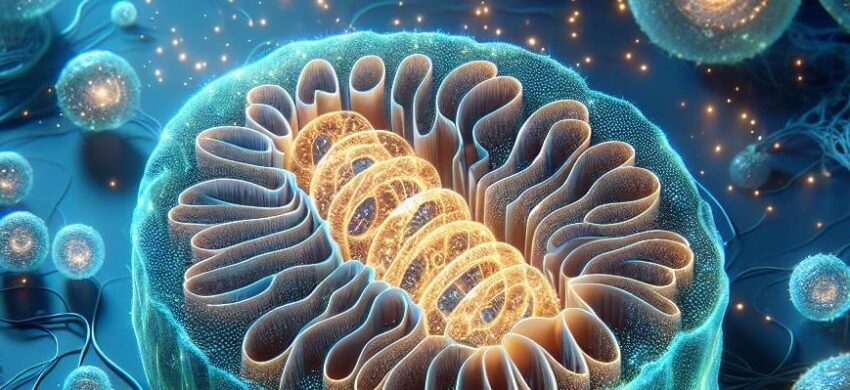Mitochondria are complex organelles that exist within most cells, playing an indispensable role in the generation of energy. Often referred to as the “powerhouses” of the cell, they are responsible for producing adenosine triphosphate (ATP), the cell’s main source of energy, through the process of oxidative phosphorylation. Mitochondria are unique in that they have their own DNA (mitochondrial DNA), separate from the nuclear DNA found in the cell’s nucleus, thus indicating they might have evolved from independent organisms. However, the importance of mitochondria extends beyond energy production. They are involved in many other essential cellular processes. These include regulating cell cycle and growth, calcium signaling which is pivotal for the functioning of neurons and muscle cells, apoptosis or programmed cell death, and also the production of heat in certain types of cells. This diversity in their functions underlines the significance of mitochondria for multi-cellular organisms. Despite being discovered in the 19th century, new roles and functions of this versatile organelle continue to be uncovered by modern scientific research.
 |
 |

